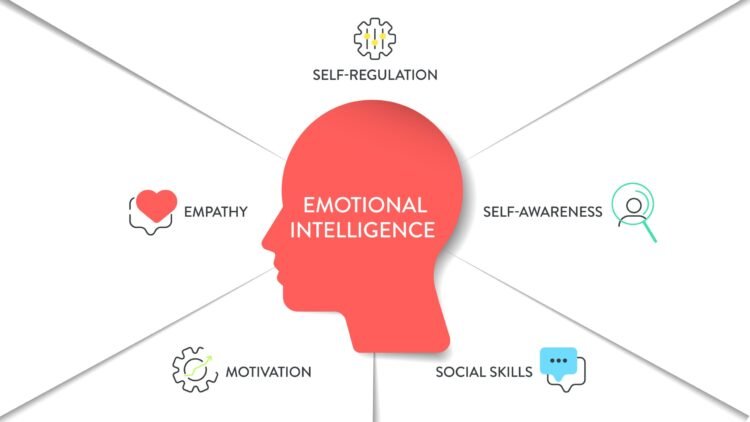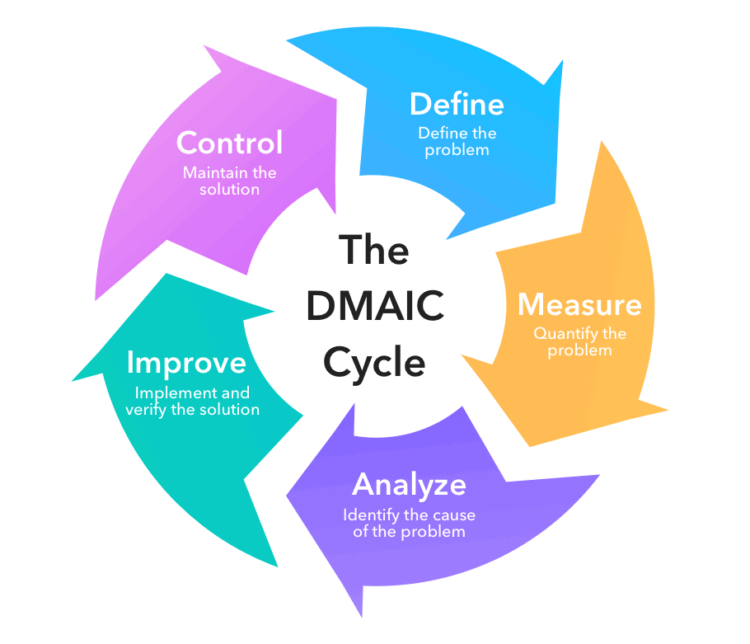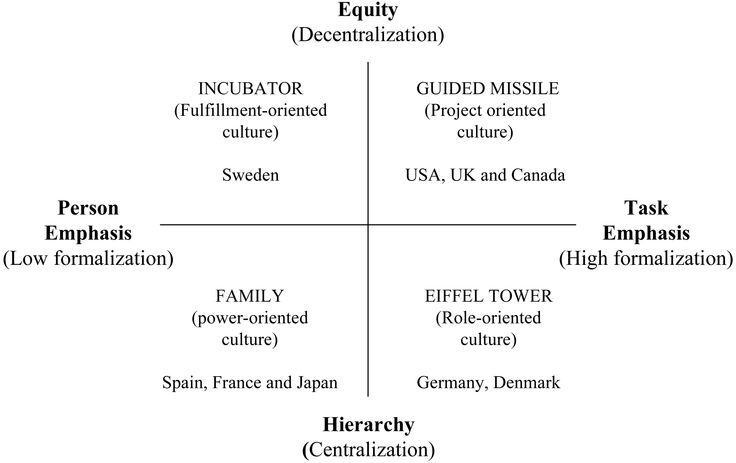Leaders need to have traits that are visionary and should be competent enough to attain the intended goals of the organization; meaning that the future of the organization lies squarely on the ideas generated by them. Such people should be inspired and possess the capability to explain it to the rest of the leaders or work mates. For a leader to induce change in an organization, there are issues that he or she needs to be well versed in. While taking care of issues that arise from the management, some challenges are evident especially those that touch on the management criteria of the organization. Leaders should know that it is important to understand the success they achieve in an organization results from teamwork and should not be credited to specific individuals. In addition, managers should be prepared to let go of outdated cultures or practices in the company; this means Continue reading
Modern Management Concepts
The Five Components or Competences of Emotional Intelligence
Emotional intelligence is the ability of an individual to recognize their own feelings, those of other people, in order to motivate one self and as well be able to manage our emotions, in our own self and in the relationships that we are having with other people. Times back, emotional intelligence was never recognised but as times goes it has been realised that emotional intelligence is a very important thing in the workplace today. It has been realised also that the IQ that an individual has, or having a high IQ does not matter and it does not guarantee a successful business. From Daniel Goleman’s book on working with emotional intelligence, we are able to see that most of the outstanding performers in the areas of business and great business leaders are mainly defined in the areas of their jobs by their “emotional intelligence” and not exactly by their job Continue reading
Over Dependence on Technology – Discussion
The era of inventions and discoveries began long time ago and more inventions are currently being developed as an attempt is being made to adjust into the world’s increasing competitive environment. Technological developments have been expressed in a variety of fields in the economic, social and even political aspects of life. One of the fields that have currently experienced technological developments is communication. Technologies in communication have experienced great developments in the past few decades; developments that have seen the transformation of people’s behavior and lifestyle. Significant in the latest technological developments is the introduction of the wireless world of communication. Just three decades ago, communication was characterized by elements like telephone booths, dependence on books for information and many elements of communication were more analogue. Without the wireless form of communication, communication faces the limitation of geographical distances, for instance one has to get a telephone booth in order to Continue reading
Platformized Societies – Meaning, Opportunities, and Threats
Changes in the economic and social structures of modern societies have seen the emergence of new platforms for business and socializing. The concept of a platform society has emerged from this trend and it refers to the use of digital markets to complete transactions or foster social engagements. The concept of the platform society is contested because researchers have varied limits of accepting the above description. Nonetheless, globally, five technology companies dominate the digital market space and dominate traffic across major internet platforms. They include Google, Facebook, Apple, Amazon and Microsoft. Collectively, they have the power to shape the geopolitical landscape of human populations through their controls on information exchange and discussions that occur on their platforms. Jointly, these tech companies have billions of users, which means they control knowledge flow to a degree. This extensive power attracts concerns from skeptics who highlight the potential for information manipulation and censorship Continue reading
Integration of Six Sigma into Enterprise Architecture (EA)
Today, more than ever before, enterprises are increasingly being faced with unparalleled competitive and regulatory demands, along with elevated levels of business uncertainty as they wade through the upsetting waters of contemporary global economy. On yet another front, the convergence of technology witnessed in the 21st century has made many enterprises increasingly concerned with how to productively transition to an enterprise exploiting information technology to its fullest strategic potential. In the light of these concerns, it is obvious that executives must embrace a paradigm shift from the traditional enterprise management approaches to more market-oriented approaches, which underlines the need to balance capabilities, manage risks, improve processes and systems, and engage in agile decision-making with a view to achieve the desired business end-states. As has been witnessed in the company, the organization’s Enterprise Architecture (EA) plays a critical role in this transition, particularly in integrating key processes and systems to enable Continue reading
Trompenaar’s Four Types of Corporate Management Culture
Nowadays, the effectiveness and growth prospects of international companies directly depend on the development of internal corporate culture. After studying such aspects of the work of large organizations as the relationship between employees, the subordination system in the company, and employees’ attitudes and views on the development of the MNCs, Alfonsus (Fons) Trompenaars (Dutch organizational theorist, management consultant, and author in the field of ethics) states that the fundamental orientation should be on the personality and objectives of the company. Thereby, the scientist identified four types of corporate management culture, which received symbolic names: family, guided missile, incubator, and Eiffel Tower. 1. Family Culture The family type of culture is strictly hierarchical and focuses on the execution of instructions from leaders. The system as a whole is based on a paternalistic attitude: the initiative and efforts of subordinates should correspond to the leadership’s goals, but people do not call the functions Continue reading



